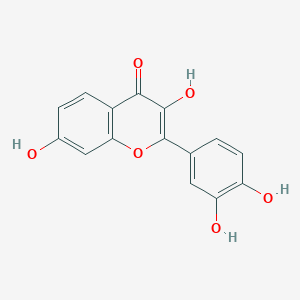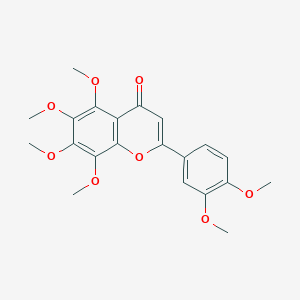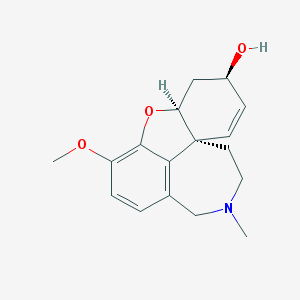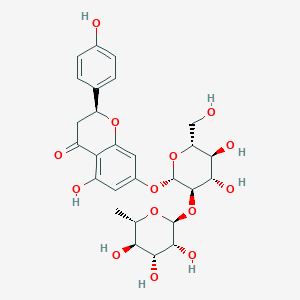Description
Fisetin is a natural flavonoid that belongs to the polyphenol group of compounds. It is commonly found in fruits and vegetables, such as strawberries, apples, persimmons, grapes, and onions.
Fisetin has been found to have a number of potential health benefits due to its antioxidant, anti-inflammatory, and neuroprotective properties. It has been studied for its potential in preventing or treating a range of health conditions, including cancer, Alzheimer’s disease, Parkinson’s disease, diabetes, and cardiovascular disease.
Research suggests that fisetin may have anti-cancer properties, as it has been shown to inhibit the growth of several types of cancer cells, including breast, colon, prostate, and lung cancer cells. It may also help to protect against Alzheimer’s disease by reducing inflammation and oxidative stress in the brain.
In addition, fisetin has been studied for its potential to improve cardiovascular health by reducing inflammation and lowering blood pressure. It may also have anti-diabetic effects, as it has been shown to improve glucose tolerance and insulin sensitivity in animal studies.
Fisetin has gained attention in recent years as a potential anti-aging compound, as it has been shown to increase lifespan and improve age-related health outcomes in animal studies. However, further research is needed to determine its effects on human aging.
Here are its main benefits and applications:
- Anti-Aging and Longevity: Fisetin is known for its potential anti-aging properties. It’s believed to help in extending lifespan by reducing the accumulation of damaged cells in the body, a process known as senescence.
- Anti-Inflammatory and Antioxidant Effects: Like many flavonoids, fisetin has anti-inflammatory and antioxidant effects. These properties can help in reducing oxidative stress and inflammation in the body, which are associated with various chronic diseases.
- Potential in Cancer Treatment: Some studies have suggested that fisetin can inhibit the growth of cancer cells. Its ability to induce apoptosis (programmed cell death) in cancer cells makes it a potential therapeutic agent in cancer treatment.
- Neuroprotective Properties: Fisetin has shown promise in protecting nerve cells from damage. It may have benefits in the treatment or prevention of neurodegenerative diseases like Alzheimer’s and Parkinson’s disease.
- Cardiovascular Health: Fisetin may contribute to cardiovascular health by improving factors like blood pressure, cholesterol levels, and reducing the risk of atherosclerosis.
- Diabetes Management: It may also help in the management of diabetes by improving insulin sensitivity and reducing complications related to diabetes.
- Bone Health: Fisetin has shown potential in promoting bone health by influencing bone-forming cells.
- Skin Health: Due to its antioxidant properties, fisetin is also used in some skin care products for its potential to protect the skin from UV damage and aging.
Applications of fisetin include dietary supplements, pharmaceuticals, and as a functional ingredient in health and wellness products. While the research on fisetin is promising, it’s important to note that many studies have been conducted in cell cultures or animal models, and more human trials are needed to fully understand its effects and optimal dosage.





